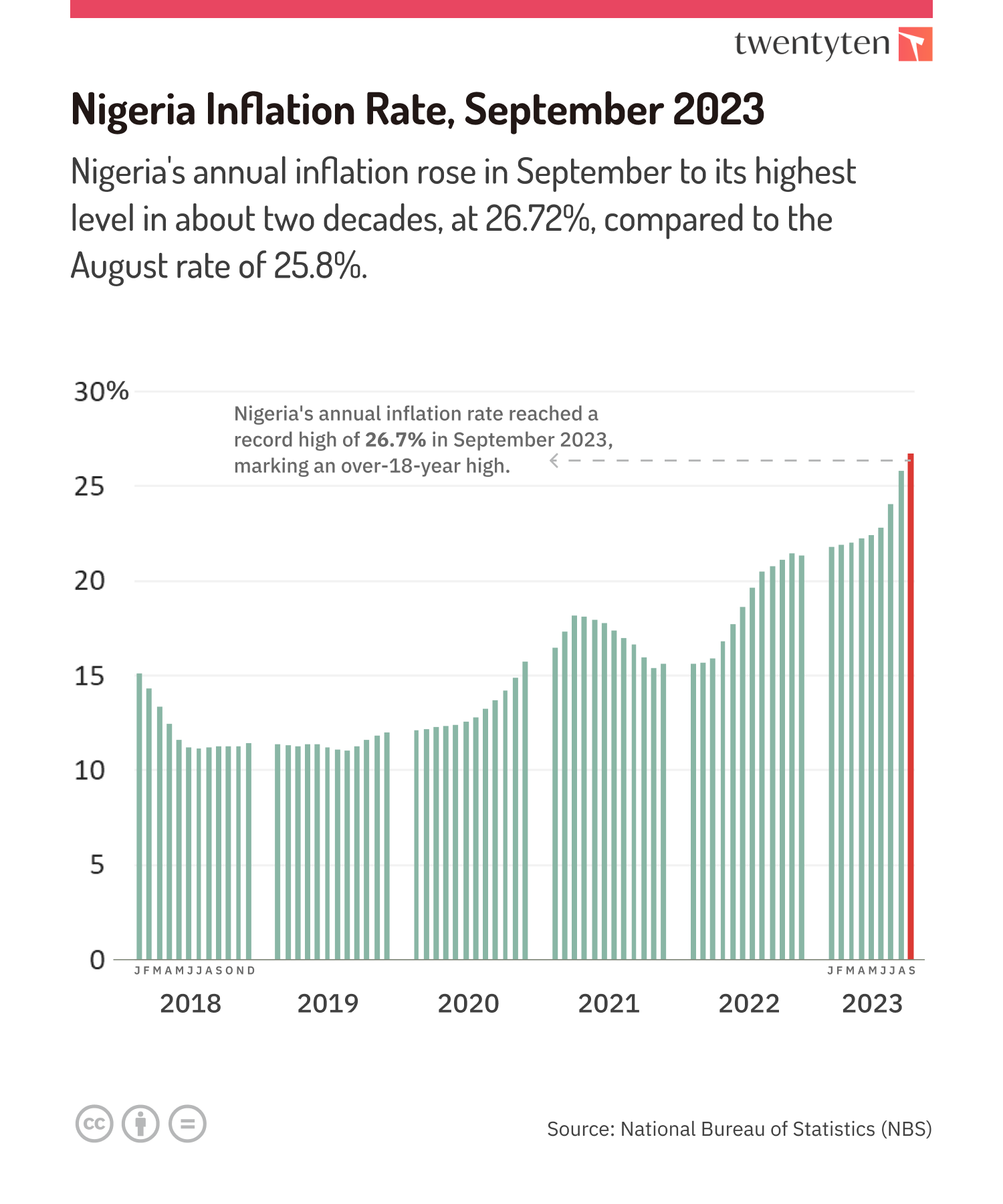Nigeria’s National Grid Provides Only 51.2% Of Electricity
According to the latest data obtained from the National Bureau of Statistics, generators provide 48.6 percent of the electricity consumed by power users across the country.
A document by the NBS on Power Sector Data Preview showed that the national grid was providing 51.2 percent of the country’s power needs, indicating that many citizens in Nigeria depend on generators for electricity.
Breakdown Analysis
The NBS document showed that petrol-powered generators accounted for the bulk (22.6 per cent) of the electricity supplied by generators.
This was followed by diesel-powered generators, 16.6 percent, while gas-powered generators accounted for 9.4 per cent of the self-generated electricity.
The bureau said out of 51.2 per cent of electricity provided by the country’s power grid, gas-powered plants accounted for 39.5 per cent, while hydroelectric plants were providing 11.7 per cent.
Off-grid renewables, according to the NBS, accounted for 0.1 per cent of the power consumed nationwide.
The President, Nigerian Institution of Power Engineers, Israel Abraham, said the expectations of citizens in the privatised industry had not been met.
He said, “in its efforts to improve the power supply situation in the country, the government opted for the reforms and eventual privatisation of the sector to attract private sector finance, technical and administrative expertise.
“However, the government and citizens’ expectations have not been fully realised many years after the exercise.”
He explained that the commercialisation and corporatisation of the sector, being the most critical stage in the reform implementation where bold and realistic decisions ought to have been taken, was skipped entirely in the implementation process.
Abraham said, “It is at this stage that private sector initiatives, such as transparency and corporate governance frameworks are introduced into the industry that will attract capital inflow to improve operational efficiencies, reducing technical and non-technical losses.
“Unfortunately, this critical stage was skipped entirely in our implementation process.”



